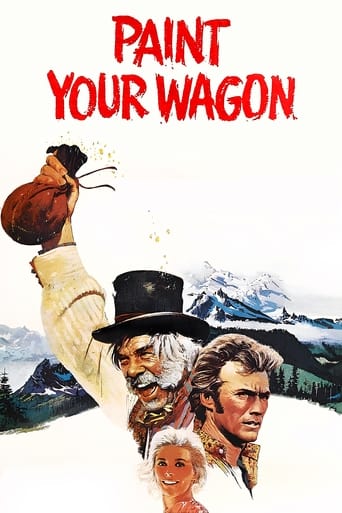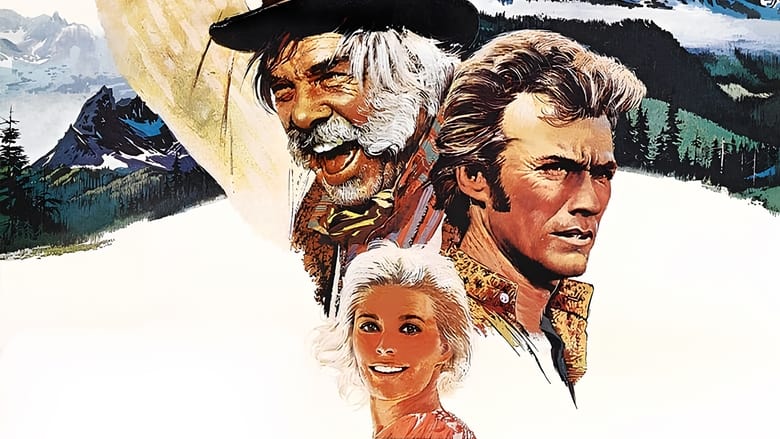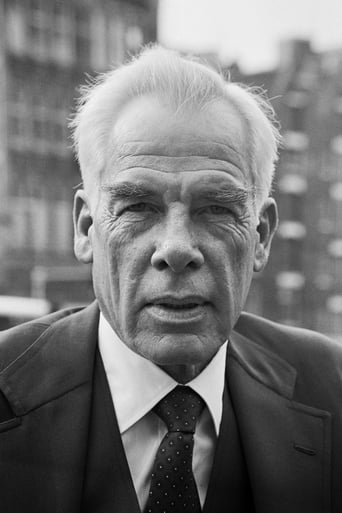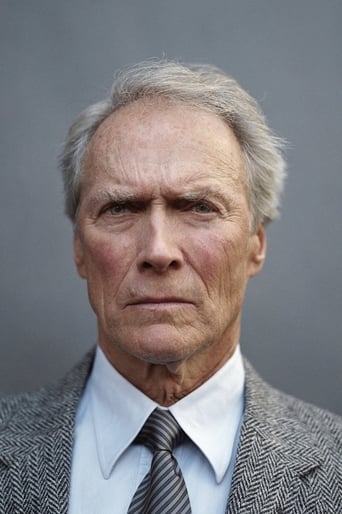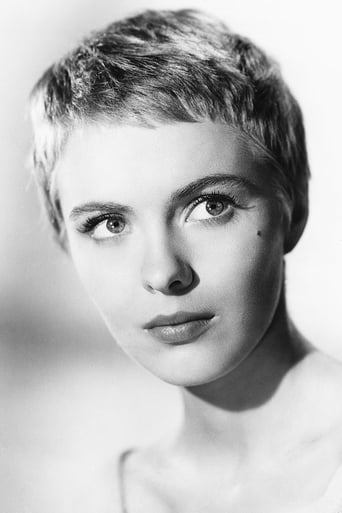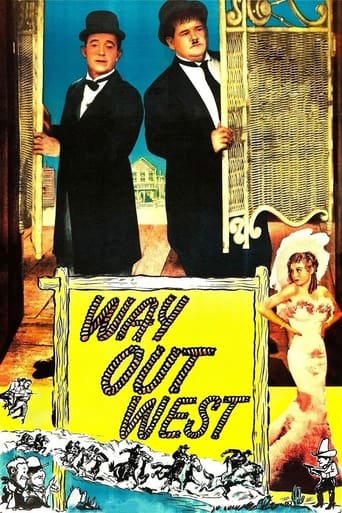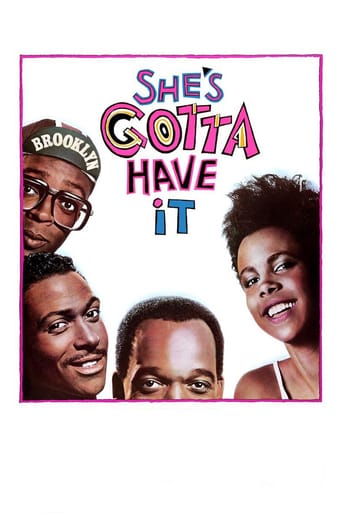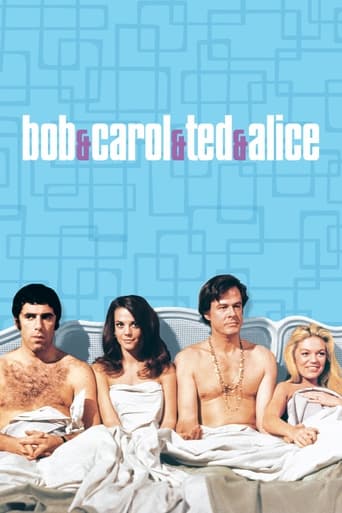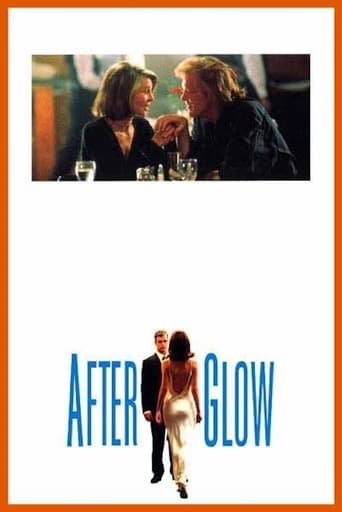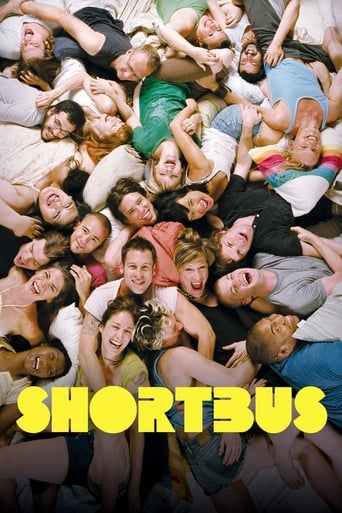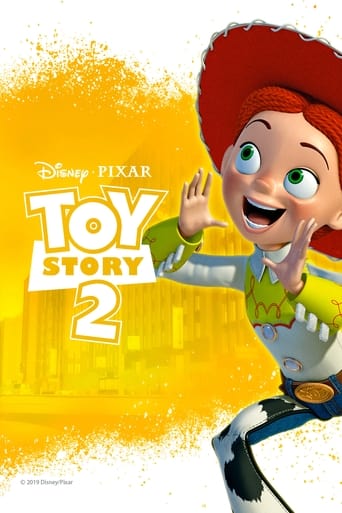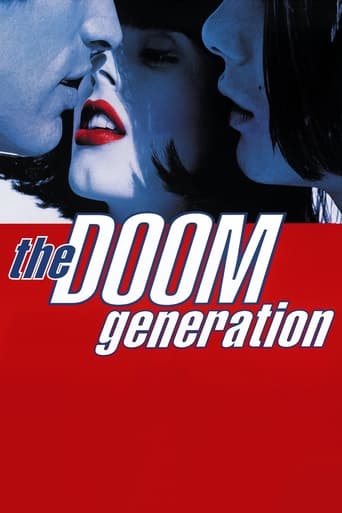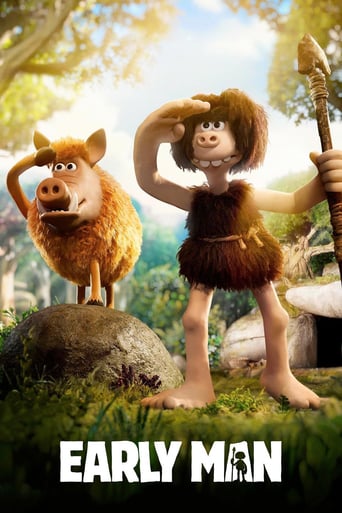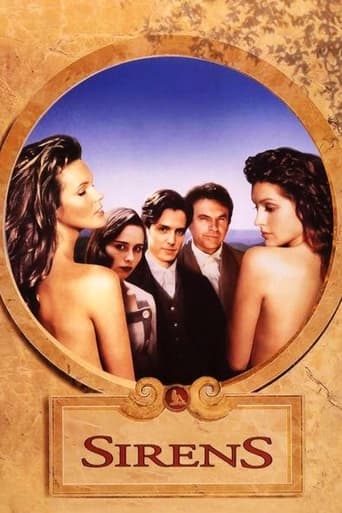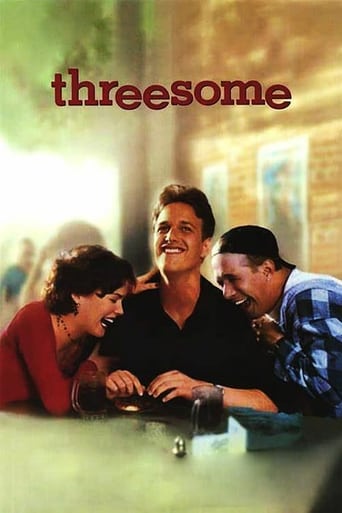Paint Your Wagon (1969)
A Michigan farmer and a prospector form a partnership in the California gold country. Their adventures include buying and sharing a wife, hijacking a stage, kidnapping six prostitutes, and turning their mining camp into a boom town. Along the way there is plenty of drinking, gambling, and singing. They even find time to do some creative gold mining.
Watch Trailer
Cast


Similar titles
Reviews
This movie is plain and simple fun. Sure, you have to suspend your disbelief, but so what. I like to escape with movies, and this is 2+ hours of escape. Lee Marvin and Clint Eastwood are not gifted singers. But they are gifted actors and they do a great job in this movie. I love the male chorus songs, as well as the Nitty Gritty Dirt Band. "They Call the Wind Maria" is perfectly placed and perfectly sung. Staging this in the Sierra's was genius. It adds a touch of realism when it comes to the gold rush story. Wet, nasty, sometimes foreboding weather is very realistic. If you have the DVD and the making of the movie is available, it's very interesting.
"Paint Your Wagon" (1968) was the last major movie to depict pioneer Westerners as heroes....and despised by the Left for that reason.It was one of two big budget movies of the 1960's made when glorification of the pioneers and the Old West became "socially and politically" "incorrect" according to the lights of the political and social left which dominated the 60's, and decreed social and cultural standards for at least the next 50 years (to the present time...this is written in 2013).The other famous, well done, big budget movie where the main characters were clean cut heroes was "How The West Was Won" (1962)."Paint Your Wagon" (1968) is an excellent movie, well done by any standards usually applied to movies artistically.The movie experimented, successfully, with non-singers singing main songs the way normal people with adequate, but not trained or "performance" voices usually sing.Alan Jay Lerner, lyricist, screenplay writer, and producer of the movie had good luck with "non-singers" in lead roles performing songs in MY FAIR LADY (1956) when Rex Harrison was hired for the stage version of that show, and won a Best Actor Academy Award for the movie version in 1964."Throaty" singing which isn't "even" is NOT necessarily bad singing, and MY FAIR LADY (1956) proved that. "Paint Your Wagon" (1968) singing is OK, enjoyable, and advances the story, perhaps better than show stopping vocalizing of the operatic "Howard Keel" variety.Alan Jay Lerner was the guiding force behind this much maligned movie.He was a great artist, and the "Paint Your Wagon" (1968) movie shows that.Attacks on the movie, and defamation of it made retrospectively are not justified.The visual part of it was shot in Oregon, and it is breathtaking.The story about unequipped, uneducated pioneers trying (and failing) to set up a Utopian place for themselves mirrored the 60's and efforts and ultimate failures of the counterculture's efforts to "do something different." The 60's were not a complete failure in all ways, and at all times. Some of it worked, for a while.Same is true in the setting and with the people shown in the well acted, well scripted "Paint Your Wagon" (1968) movie.It was a big budget "road show" movie first shown in limited "road show" movie house venues in big cities in late 1968, then later released in the normal way to normal theaters.Many other "road show" movies also didn't do well (or as well as hoped....not the same thing as "didn't do well") during this period.The times, they were a changing....at high speed, and the world was never the same again when the dust lifted.The America which entered the 1960's was not the same as the America which entered the 1970's...... and the profound changes over the 10 years between 1960 and 1970 probably exceeded those which took place over any other decade of USA history. For better or for worse, the decade really was a time of profound revolution which disowned important values of the past. All this affected the movies, and the way movies like "Paint Your Wagon" (1968) were treated and assessed by movie historians.Revisionist history written by Left sympathetic social historians defamed it, accused it of being a famous failure.But it wasn't and isn't.It was put together by one of the performing arts giants of the 20th century...Alan Jay Lerner.The main actors were among the most important movie stars of the century....the two male leads were both Academy Award winners (Lee Marvin and Clint Eastwood).Lead actress Jean Seberg was a gifted actress....and was good in this movie.The technical part of the movie, the photography, the editing, the sound presentation, the direction........all were and are good.Like Citizen Kane (1941), "Paint Your Wagon" (1968) was a good movie not honored by movie historians for decades........The reasons have little to do with it's actual merit as a film and work of cinematic art.See it often! You won't regret it.----------- Written by Tex Allen, SAG Actor.
Alan Lerner was like Oscar Hammerstein inasmuch as both men preferred to write both libretto and lyrics of shows that they worked on and produced arguably their best work with one composer (respectively Fritz Loewe and Dick Rodgers) despite collaborating with other composers. Whilst Fritz Loewe was still active in 1969 - he wrote the score for a movie version of The Little Prince with Lerner in 1974 - he was more or less ready to call it a day and put his feet up, Lerner, on the other hand was still very much involved in musical theatre and would go on to write book and lyrics for another half a dozen shows up to 1983 so it's hard to understand why he would have agreed to allow Paddy Chayefsky to beef up his original book and share screenplay credit with him. He was already working with Andre Previn (their Broadway show Coco opened that same year) so was probably more conducive to writing extra material with Previn. Overall this is a disappointing effort as was, to be fair, the original stage show dating back to 1951. The film has a bravura performance by Lee Marvin more or less replicating his role in Cat Ballou but the other two leads, Clint Eastwood and Jean Seberg just about get by and direcor Josh Logan puts a little too much faith in rousing male choruses like the title number and 'There's A Coach Comin' In'. Just about worth a look but one is enough.
While "Hello, Dolly!" is a movie that some viewers feel compelled to admire, "Paint Your Wagon" is a movie some viewers feel compelled to criticize. I don't feel compelled to do either. What counts is whether you enjoy a movie, not whether you are "supposed to" admire a movie. I did not enjoy "Hello, Dolly!" despite giving it my best try several times. But I have enjoyed watching "Paint Your Wagon," even with several viewings over the years. I enjoy musicals. As a kid in the Sixties I would borrow the LPs of the Broadway cast or movie soundtrack from the library, before there were VHS or DVDs. I enjoyed listening to the great songs. But now we don't have to limit ourselves to just the music excerpts. This provides a clue to the difference between these two musicals. "Hello, Dolly!" had some very good music, of a Broadway sort, so we assumed it was an equally good musical. "Paint Your Wagon" had musical roots going back to the Fifties, and was a musical non-entity."Hello, Dolly!" the movie has lots of good Broadway songs and incredibly lavish sets and dance numbers, which are its raison d'etre. But the movie has a plot that is astonishingly weak, in light of its Broadway success. Watching a fleet of dancing waiters performing absurd acrobatics is not my idea of fun."Paint Your Wagon" has some decent musical numbers, and some almost feeble attempts at dancing, but no one in their right mind would see it just for its music and dancing. So judged on that score, alone, it would rate a flop. But it's got a reasonably interesting story and very good acting, including a fine comic performance by Lee Marvin (!), not to mention some memorable croaking that passes for singing. If you snipped out all the singing and dancing, "Paint Your Wagon" would still be a film worth watching."Hello, Dolly!" on the other hand, has acting that varies from mediocre to miserably atrocious, and a story line you wouldn't pay more than $100 for someone to write. If you cut out the music and dancing, the audience would walk out. The sore point with "Paint Your Wagon" is its budget. Reviewers relish reminding people of its $18 million budget. But "Hello, Dolly!" cost $25 million, and they both came out in the same year (although Dolly was filmed earlier and shelved). Because so much money was wasted on Wagon, we are not supposed to enjoy it. While it is easy to put down the musical side of Wagon, it should be pointed out that Lerner and Lowe, Nelson Riddle and Andre Previn are hardly slouches. And Clint Eastwood acquits himself remarkably well. With Wagon, the producers wisely picked actors who were right for the part, and dealt with the singing later. What I find most curious in comparing the two, is that Dolly seems two or three times as long as Wagon, even though it has faster pacing and is 146 minutes long, to Wagon's 158 minutes. Dolly is rushed, and painful to watch, while Wagon has a relaxed pace and is fun to watch. It is nice to see a movie that is not in a hurry, though Wagon could fit its story line into a shorter movie.Part of the problem with Dolly is that it is a comedy that just is not funny. With Wagon, the humor is built into the awkward situations and odd characters, so it works with repeated viewings. But it is those situations that may provide the real clue to Wagon's hostile reception: it's menage a trois. It was rated "M," or "R" today, just because of its implied three-way sex. It is something viewers hardly notice today, but in 1969, Wagon must have been viewed as sneering at religion and all morality (which is about right). This may be why I like it so much, but it is also undoubtedly why some people despise this movie, even today. Wagon is the original louche musical.For some people, musicals are supposed to embody family values. Wagon ridicules them. It makes a mockery of marriage, while glorifying prostitution, drinking, cigar smoking, violence and thievery. Dolly, on the other hand, couldn't be more old- fashioned and square. You cannot imagine, in your wildest dreams, Matthau and Streisand having sex, and yet Matthau, out of the blue, proposes to her, without even a kiss. Now that's family values. Wagon certainly is not one of the great musicals, but it is still a fun movie worth watching when you have a long evening and a lot of popcorn handy. The bottom line: I find "Paint Your Wagon" entertaining, but "Hello, Dolly!" pretentious. Watching Wagon, or even just recollecting it, brings a smile to my face.

